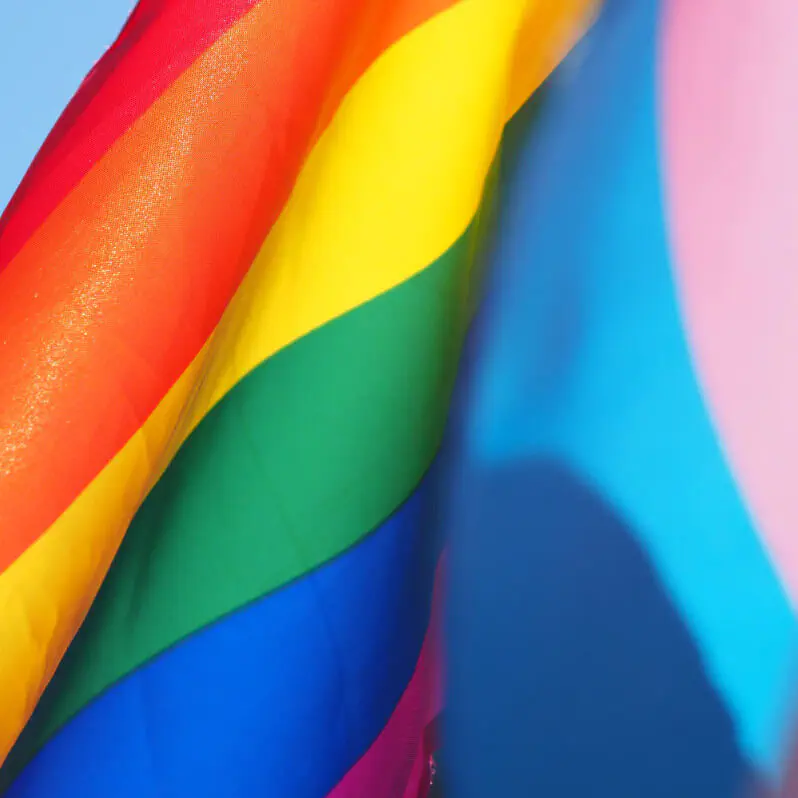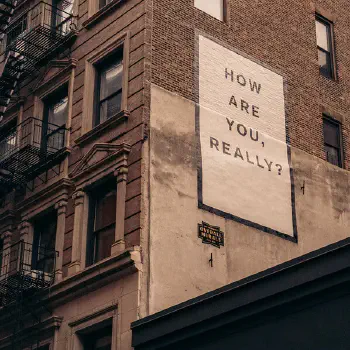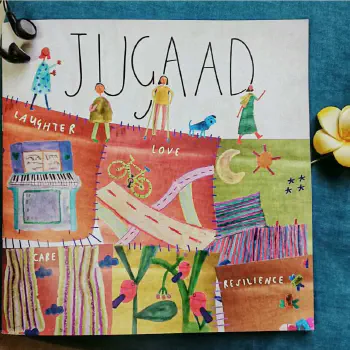May 17th is marked as the International Day Against Homophobia, Transphobia and Biphobia. On this day, 30 years ago, the World Health Organization (WHO) recognized that homosexuality is not a disease. As we celebrate the resilience of LGBTQ+ communities, we recognize that there is still a long way to go in the fight against discrimination.
We stand in solidarity with all queer and trans persons who are resisting, existing, and those who have lost their lives fighting. Through this post, we hope to raise awareness, bust misconceptions and take a stand against what is known as conversion therapy that continues to be practiced and advocated by some mental health professionals and doctors.
What is heteronormativity?
We live in a heteronormative world that believes in 2 dominant ideas:
- Gender is binary i.e. believing that only 2 genders exist of man and woman.
- Relationships of love and/or attraction only between a man and a woman are “acceptable” and “normal”.
Conversion therapy is deeply rooted in heteronormativity.
What is Conversion Therapy?
Conversion therapy is a set of practices that claim to change a person’s sexual identity if they identify as queer. Mental health professionals and doctors who offer and advocate for this service believe that only a heterosexual relationship, that is, a relationship between a man and woman is normal and acceptable in our world. According to them, queerness is a “deviance from normal sexuality” and hence, needs to be “cured” or “changed”. This practice is illegal, negligent and psychologically damaging to the queer community, and TheMindClan.com does not support such harmful practices.
Why Is Conversion Therapy Harmful?
Here are some important things we’d like for you to know:
1. There is nothing to cure or change.
Conversion therapy is based on the premise that there is something wrong with queer identities that needs to be “cured”. A person’s sexual and gender identity is not a disease or an illness. All genders and sexualities are valid, and must not be pathologized in the first place.
2. Our prejudice against the LGBTQ+ community needs to change.
While conversion therapy will have you believe that queerness needs to change, what actually needs changing is our belief that there is a “normal” or “abnormal” sexuality. This belief often results in confusion, fear, or hatred towards any identity or relationship that does not fit within the “normal”. It invisibilizes scores of individuals who identify as trans, gender-fluid, non-binary, gay, lesbian, bisexual, asexual, queer, and questioning.
Queer people continue to face social discrimination, othering, harassment and violence due to lack of acceptance and understanding towards them.
It is the heteronormative system that needs to change, not the identity. The misconceptions, the prejudices, the dominant ideas of what’s normal, the negativity and hatred towards the LGBTQIA+ community, is what needs to be addressed and changed.
3. “The queer person is choosing to change” is not a valid argument.
You may notice some mental health professionals and doctors state that “if it is the choice of the queer person to change, then we must respect that choice.” This is a very harmful perspective which may wrongly come across as a client-centred and ethical approach.
Firstly, in many instances, the queer person is forced by their families to believe that there is something wrong with their sexual identity. The person therefore, may not be coming to the therapist/doctor by choice.
Secondly, even if the queer person states that they want to be cured, this does not indicate choice. It indicates the prejudices, misconceptions and fears that they are holding about their sexuality. These internal prejudices again come from the larger heteronormative world around us that constantly tells them that their sexuality is “abnormal”.
Professionals and doctors need to work towards helping queer persons address these fears about their identity, challenge their internalized ideas of “abnormal” sexuality, and normalize diversity.
It is not a matter of choice if that choice is rooted in oppression.
4. Coming out to others should not be forced on to the queer person.
Numerous queer people live their lives facing actual instances or the threat of erasure, othering, harassment, and violence. They may not feel safe and comfortable to share their identity in certain spaces like family, workplace, educational institute, or among particular friends.
Queerness is valid whether you are out to others or not. Coming out to others should be a decision based on your context, environment and safety, and should not be a decision forced upon you by your therapist, loved ones or medical professionals.
This raises the need for psychologists and doctors to create a therapeutic space that is safe and affirming of the queer person’s identity and rights.
5. You are not alone. Reach out to Queer Affirmative Communities and Practitioners.
The recent loss has reminded us of the need for more queer affirmative practitioners and doctors, and increasing accessibility to their services.
If you are looking for a therapist, doctor or community that is queer affirmative, check out the following resources:
- Resources On TheMindClan.com:
- Find Support Groups (You can find support groups for LGBTQIA+ individuals listed here)
- Find Counsellors (If they’re mentioned on MHI’s list of queer affirmative professionals, you’d see it appear on their profile)
- Some Community Resources:
- Varta Trust’s List of Queer Friendly Service Providers
- Mariwala Health Initiative’s list of Queer Affirmative MH Practitioners and Organizations (@mariwalahealth)
- Nazariya Queer Feminist Resource Group (@nazariya.qfrg)
- Yes We Exist (@yesweexistindia)
- The Plane Jar (@theplanejar)
- Thane Queer Collective (@thanequeercollective)
- Trans Men Collective (@transmencollective)
- Impulse Mumbai (@impulsemumbai)
You are not alone in this. Your mental health matters. We are here to put you in touch with supportive and accepting spaces and professionals.
At TheMindClan.com, we hope for a world where conversations and diversity around gender and sexual identities are normalized, affirmed, and accepted with love.
We want a world where we can be who we are and love whom we love.
We strongly stand against illegal and harmful therapeutic practices like conversion therapy.
You are valid as you are.



















